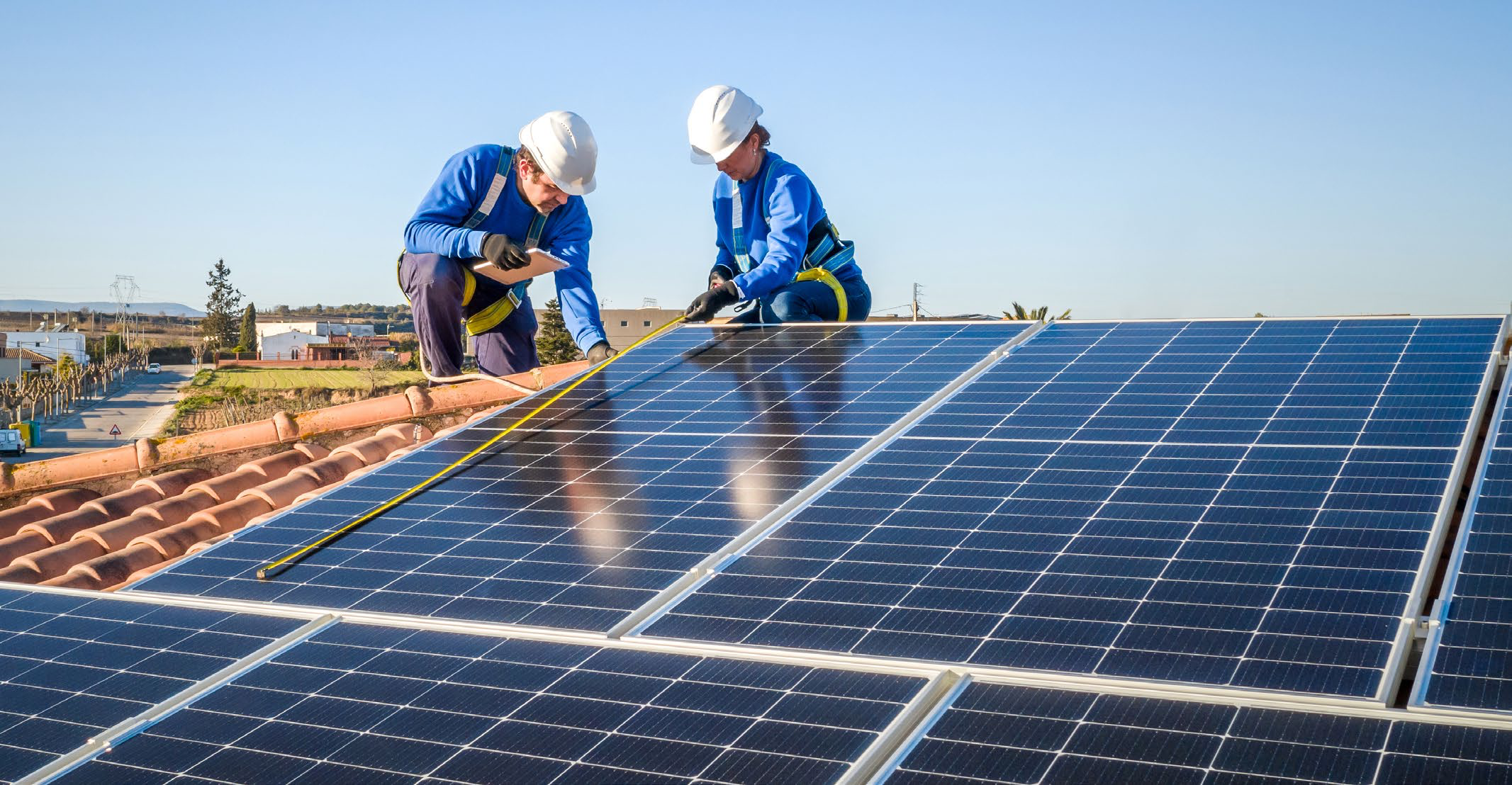SELF (Solar and Energy Loan Fund) and CNote
About
Solar and Energy Loan Fund (SELF) is a non-profit certified community development financial institution (CDFI), with a mission to rebuild and empower underserved communities by providing access to affordable, innovative financing for sustainable property improvements.
Operating in the Southeast regions of the United States, SELF provides small, low-cost loans to homeowners, as well as larger financing for affordable housing landlords and developers. coupled with energy expertise and project management services. They focus on energy efficiency, renewable energy and building climate resilience in LMI (low-to-moderate income) neighbourhoods. In 2022, a publicly-traded corporation invested over $15m in a custom CNote promissory note to fund loans to community finance institutions to support racial equity and people with disabilities and their families. CNote’s noteholders like this corporation generally expect a modest, impact-first return on such loans. CNote used part of the proceeds of this note to provide SELF with $2m in debt financing.
Type of actor
Non-profit certified community development financial institution (CDFI)
Investment type
Unsecured residential loans
Operates in
Southeast region, United States
Sectors
Energy efficiency / Renewable energy / Climate resilience
Approach
Under-resourced communities in the United States face significant barriers to building climate resilience in their homes and neighbourhoods. Alongside limited access to finance, challenges exist around accessing the appropriate expertise and the services necessary to adapt to the changing climate. As extreme weather becomes increasingly common and operating costs rise, individuals and families are seeking to protect their homes through adaptive improvements.
SELF helps people improve the health, safety, and quality of life in their homes while building climate resilience, lowering operating costs and reducing greenhouse emissions. They recognise that intersecting factors – including low credit scores, low incomes, and limited assets – restrict access to adaptive technology that allows people, including those with disabilities, to stay in their homes.
As such, equitable access to capital is a primary focus for SELF; their proprietary underwriting program is based on a client’s ability to comfortably repay, regardless of credit score or income.
SELF’s fund for affordable and sustainable housing development seeks to advance the inclusion of female and BIPOC developers in the industry, and to invest in projects that preserve affordability and cultural community identity. This is accomplished by providing historically disadvantaged developers with technical assistance and flexible funding.
Through their vetted network of contractors and project management services, SELF also provides green employment opportunities and ownership of solutions. This makes it possible for contractors to expand their services into the LMI market, increasing their bottom lines while helping out their communities.
The organisation focuses on improving access to capital for women, among other underserved groups, who make up 51% of their borrowers. They also ensure that underserved voices are heard within the organisation: 61% of employees are women and 44% are persons of colour. Governance and the design of SELF’s solutions also seeks to embed gender considerations, with women making up 67% of management and 29% of the board.
SELF’s impact focus is rooted in serving underserved communities, building climate resilience and reducing destructive environmental impacts. This approach to impact demonstrates the interconnected nature of social and environmental interests. SELF currently has 24 public, private, and philanthropic funders, including female-led faith based organisations, bank CRA, and female-led impact investors.
Impact
“Action that considers a range of challenges – from limited capital to inaccessible expertise – can create climate-just solutions that address inequality from different angles.”
Since its inception, SELF has financed $28.3m in over 2,400 unsecured loans to homeowners. In 2022, SELF served 435 clients with 868 contractors affiliated with the programme. Of this group, 73% were lowto-moderate income, 51% were women. 29% people of colour and 14.1% people with disabilities. These clients saved an average of $297 on energy bills throughout the year, simultaneously serving both people and the planet. This focus goes hand-in-hand with SELF’s environmental impact priorities: SELF also looks to reduce CO2 emissions (701 metric tons in 2021). SELF generated $1.24m in wages last year by supporting green skills and employment through its network of contractors.
Key takeaways
SELF magnifies their potential for positive social and environmental impact through their holistic approach to lending. In providing access to capital for those who need it most, they simultaneously ensure that these resources are applied effectively and in a manner that broadens green opportunities within the construction and home improvement sector. Action that considers a range of challenges – from limited capital to inaccessible expertise – can create climate-just solutions that address inequality from different angles.
What’s next?
Since its inception, SELF has cultivated strong relationships with local governments which helped fund their expansion into over 90 jurisdictions across Florida. SELF plans to continue expanding across the state and region through partnerships with local governments.

